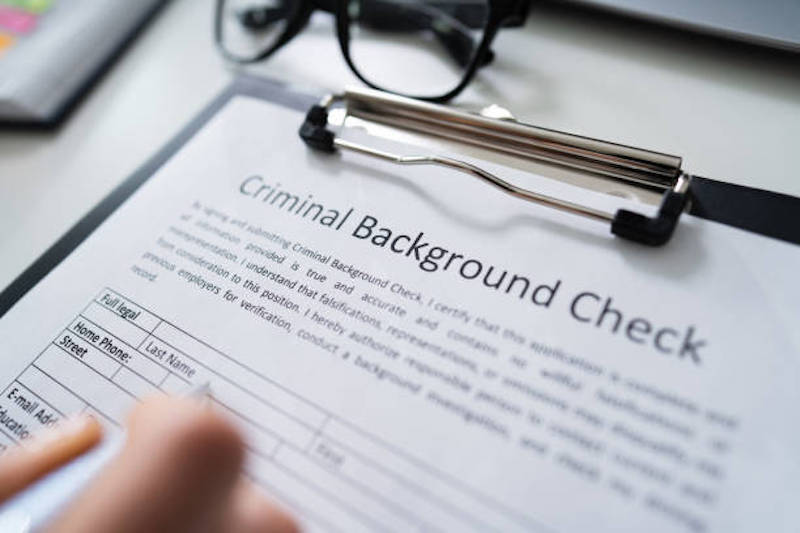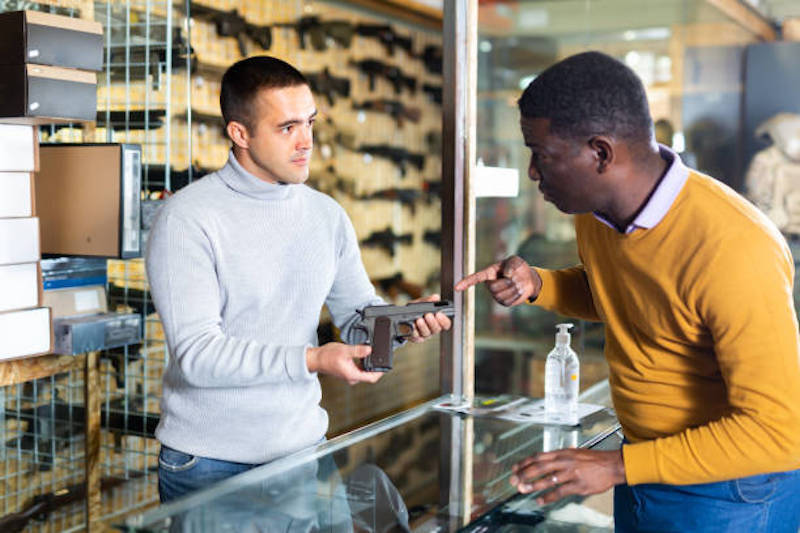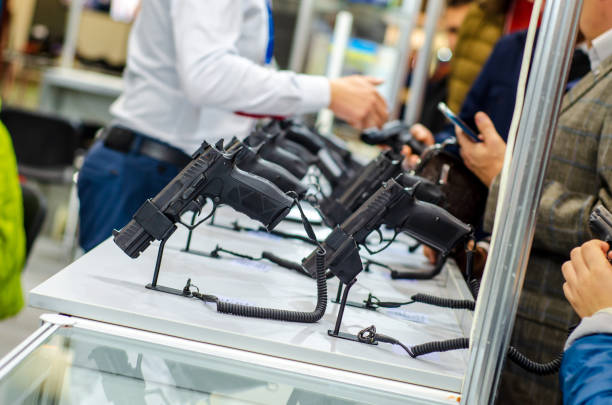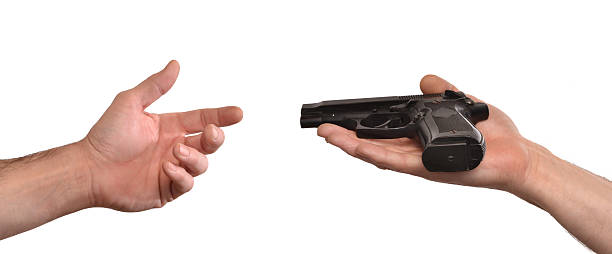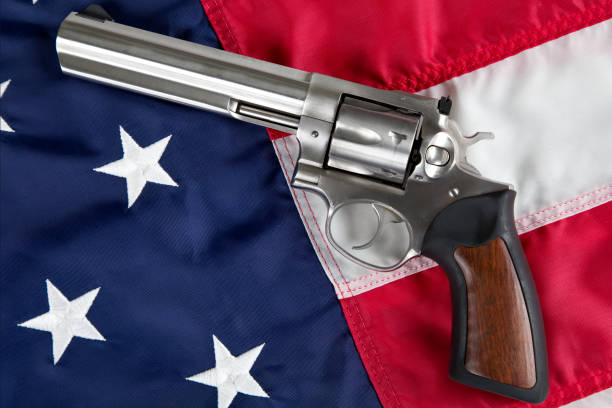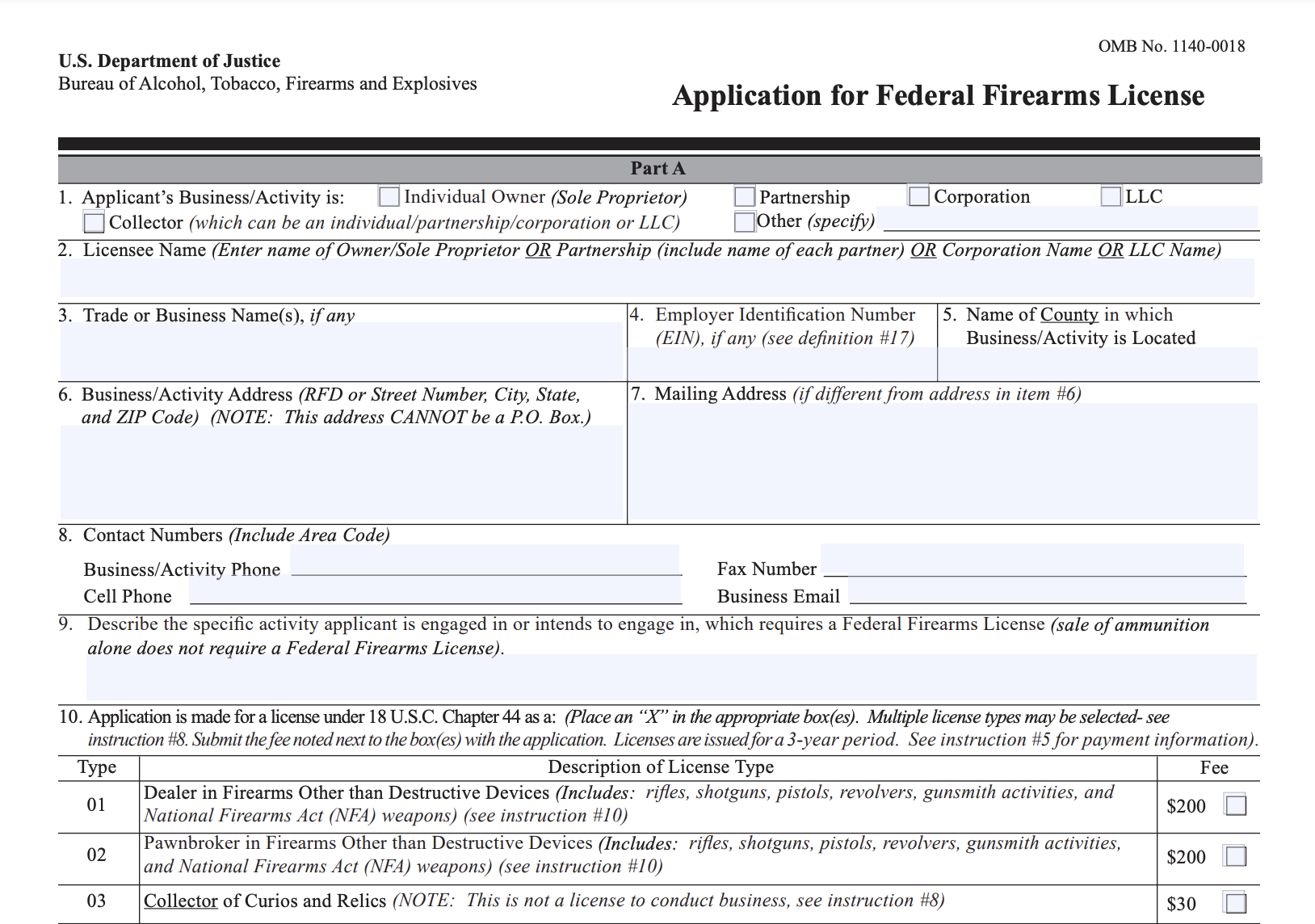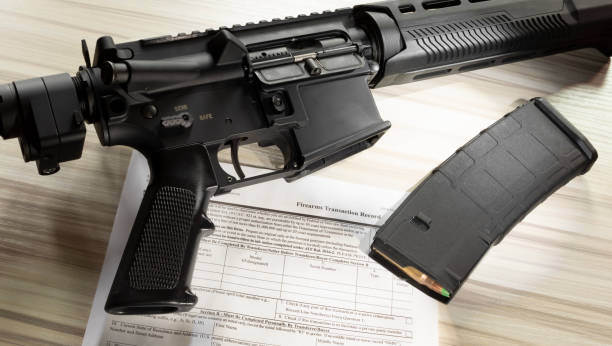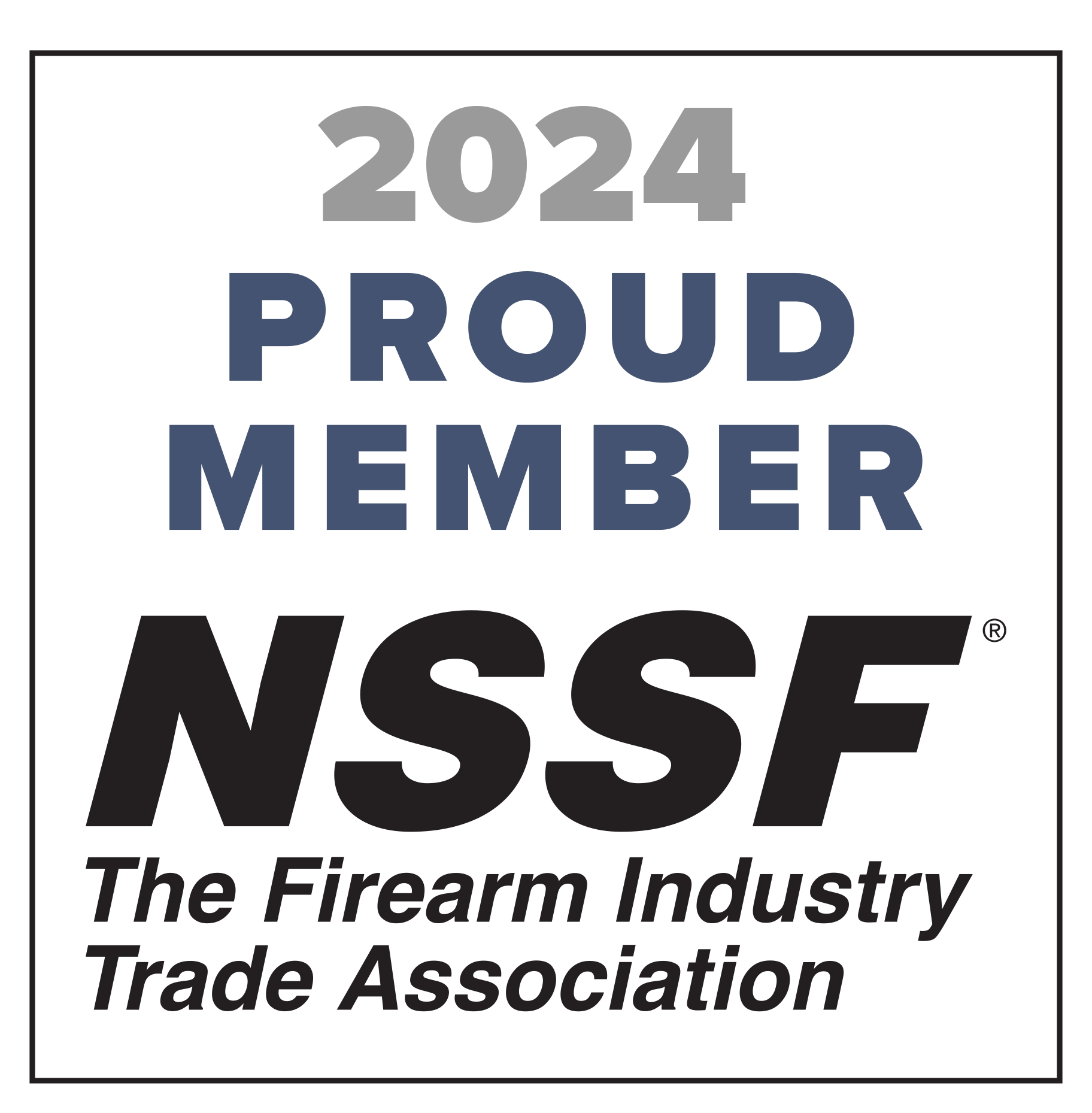There are several procedures FFLs have to follow in regards to their personal firearms collections if they way to stay compliant with the ATF.
As a firearms enthusiast, you probably own a collection of guns yourself for hunting, sport, and personal defense. It’s common for FFL holders to build an impressive personal inventory over time. The frequent exposure to new and exciting products makes personal purchases almost irresistible!
One of the parts about a federal firearms license that attracts gun lovers is the ability to purchase firearms for their personal collection at wholesale prices. As you build relationships with distributors and manufacturers, you may even have access to products that aren’t sold to the general public. You’ll have entire catalogs to browse!
Keep in mind, however, that an FFL is not solely for personal use. You must intend to engage in firearms business. If the ATF discovers that you obtained your FFL for any other purpose, the license is immediately forfeited and you could be subject to fines and criminal penalties. (It also means you lied on your application, because it specifically asks this question.)
FFLs need to follow certain procedures in regards to their personal inventory to stay compliant.
If you intend to own personal firearms while you have an FFL, there are a few precautions you have to take and some procedures you need to follow to stay in compliance with the ATF. During your regular ATF inspection, investigators will ask about your personal collection. You should be prepared to show it physically (if it’s on site) and its records in your A&D book.
Here’s what you need to know.
Personal Firearms at Your Sale Location

According to the ATF, “A presumption exists that all firearms on a business premises are for sale and accordingly must be entered in the records required to be maintained under the law and regulations.”
However, the Bureau recognizes that some dealers keep firearms at their place of business for display purposes that aren’t for sale. They recommend you avoid this for the sake of clarity and so no firearms go missing without proper documentation, but there’s no law that prohibits it.
If you have to keep your personal firearms at your business location, the ATF wants them segregated. You can’t hang a personal firearm on the wall with guns that are for sale. Place your personal guns in a back room, a locked display case, or a safe. If they are out in the open for display purposes, clearly mark them with a sign that reads “NOT FOR SALE.”
Any firearm you have that you acquired before you received your license does not need to be entered into your A&D book or software. However, you can add protection to yourself (and your business) if you list them as acquisitions anyway.
If you utilize your FFL to acquire a firearm (even if it comes from someone’s personal collection), it must be recorded as an acquisition (from vendor to your business) and then a disposition (from your business to your personal collection). Once it’s in your private collection, you still have to keep it segregated and identified as not for sale.
If you move personal firearms to and from your place of business, make sure you and your employees understand the rules for transporting firearms.
Owners and Employees Carrying Personal Firearms
As gun enthusiasts, it’s common for gun store owners, managers, and associates to carry their privately owned firearms on their person while they work. If you allow this at your business, first be mindful of safety. In a busy environment, a firearm can be stolen or lost if it’s not secured properly. Check with your insurance provider to make sure they permit carrying weapons on the premises.
Second, those firearms need to be tagged as personal property as well. It seems odd, but there are some instances of FFLs receiving violations for unidentified personal property, even if they’re on the hip of an employee or owner. Place a colored tag or piece of tape on the gun with a “NOT FOR SALE” label.
Selling Your Personal Firearms

Even though you have an FFL, you are still allowed to make private party sales from your personal collection. You can only do this if the firearm was in your collection for a full year. A private party sale is when you sell outside of your FFL to someone who also doesn’t have an FFL. In this case, the buyer does not need to complete a Form 4473 and you do not need to administer a background check.
If you transfer a firearm from your FFL to your private collection, you may not transfer that firearm to a private party until the year is passed. This is to prevent less-than-honest individuals from transferring firearms to buyers who aren’t eligible, wouldn’t pass the background process, or otherwise trying to hide the transfer of the weapon.
If you decide to sell a personal firearm (that’s been in your collection for more than a year), you must still keep a record of the date of sale, along with the make, model, serial number, and caliber of the firearm. Additionally, you need to keep a record of the buyer’s name, address, and date of birth. You must verify this information on some form of identification before you can complete the sale.
If you transfer a firearm to your personal collection and then decide you would like to transfer it to someone else before the year has passed, you must transfer it back to your FFL, and then from your FFL to the receiver using the normal process (Form 4473, background check, waiting period, etc.).
The only benefit to selling a firearm from your personal collection instead of first moving it to your business inventory is reduced paperwork. But to the ATF, that looks suspicious. It looks like the seller is willfully evading regulations to sell to someone who isn’t eligible.
While private party sales are legal as an FFL holder, they should be avoided. It’s too easy to create a compliance or liability mistake that could affect your business.
“In order to protect yourself and your business, consider every firearm disposition to a non-licensee as requiring the execution of the ATF Form 4473 and a NICS background check,” says the Firearms Licensing and Consulting Group. “FFLs should be pragmatic and always err on the side of caution when transferring firearms to non-licensees especially. Just because something is lawful, doesn’t make it a good idea.”
Your state may have additional laws and regulations that determine how you can sell personal items. Furthermore, your insurance company may have specific requirements in order to maintain coverage. Know your state laws and your insurance policy.
Therefore, to sell a personal firearm, it’s smartest to bring it into your business inventory with an acquisitions record, even if you technically don’t have to. Then, sell it through your FFL according to the usual process.
The Bottom Line
Managing your personal collection seems complicated, but you can simplify everything by following two basic rules:
- Keep your personal items at home. There’s really no reason for them to be in your store. You won’t have to worry about tagging them appropriately if they aren’t on the premises.
- Use your A&D book to record every transfer so there is a clear record trail of each firearm you obtain, sell, or give away. If you want to transfer a firearm to someone, transfer to your FFL first. If you want to buy a firearm, buy it with your FFL.
Like anything else, it’s important to stay compliant so your business and livelihood don’t suffer.


